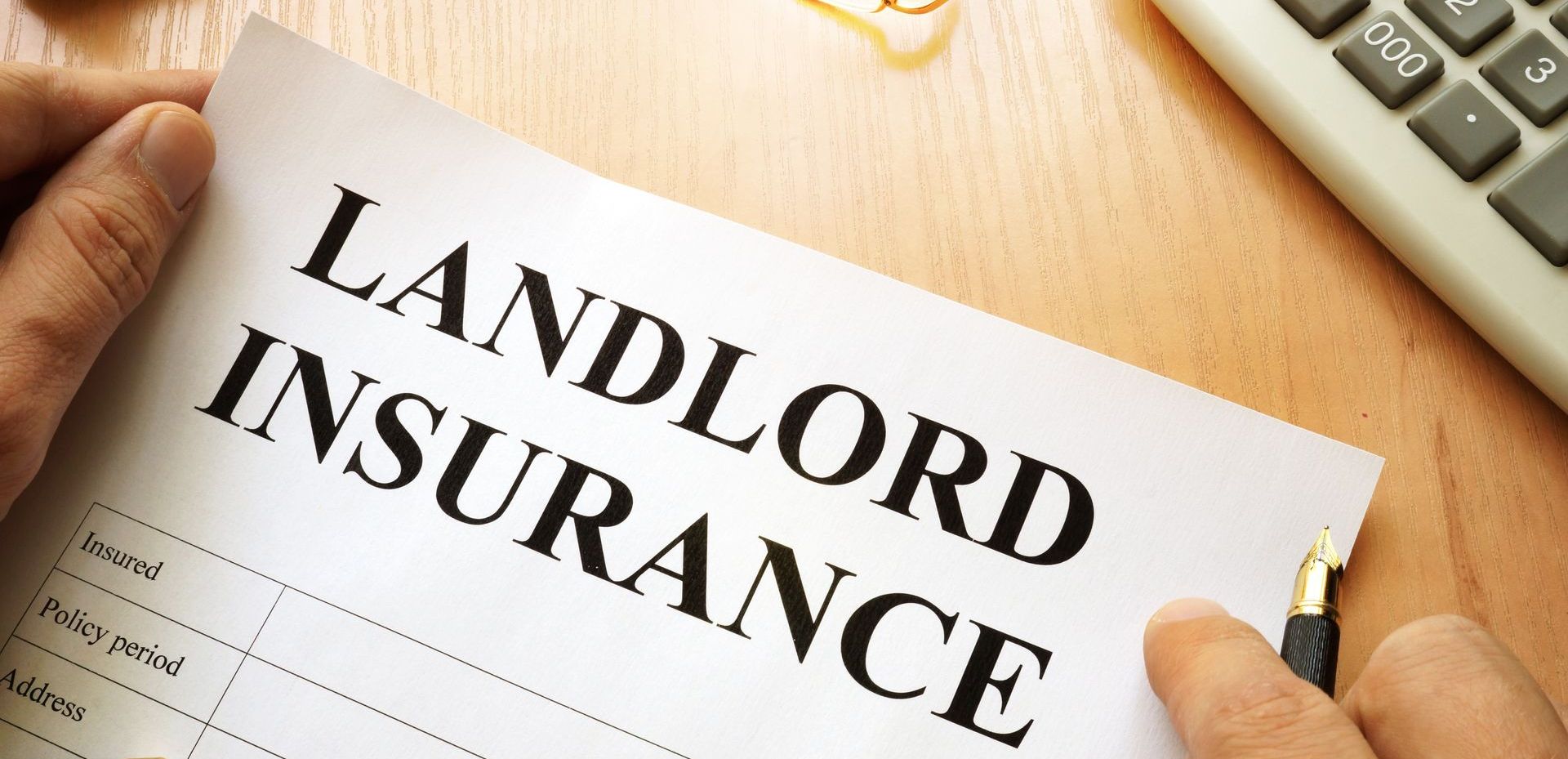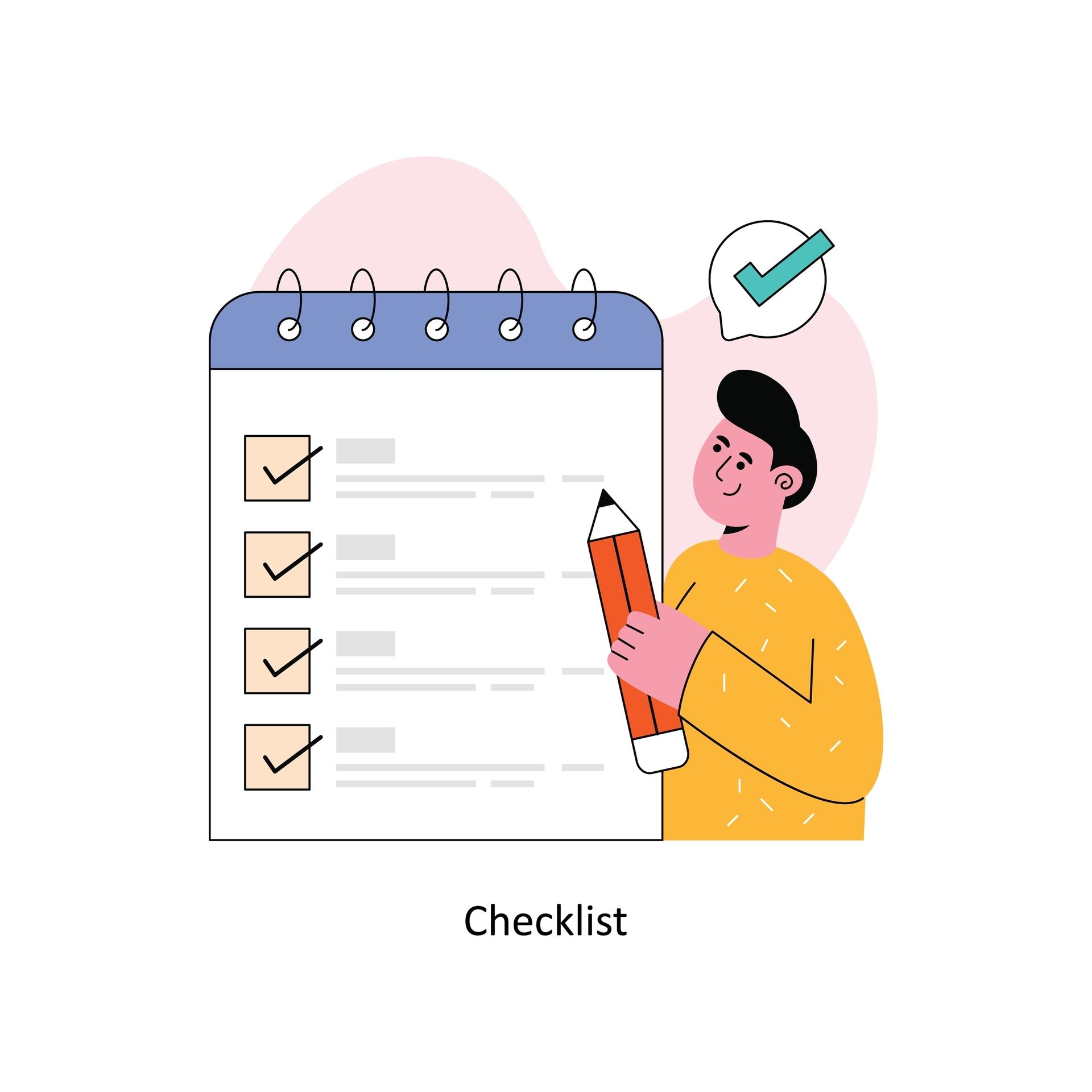What Is a Landlord Insurance Policy and Do You Need It?
Make Sure You Protect Your Investment with the Right Kind of Insurance

Understanding Landlord Insurance: Coverage and Considerations
Landlord insurance encompasses various types of coverage, with property insurance being the most commonly discussed among real estate investors. In exchange for your regular premium payments, your insurance provider steps in to cover a range of expenses when specific incidents covered by your policy occur. This system closely resembles the way standard homeowner's insurance functions, shielding against diverse types of damages. However, it's worth noting that landlord insurance doesn't extend its protection to furniture or personal belongings. Tenants are encouraged to secure their own renter's insurance to safeguard their possessions. So, what exactly does landlord insurance cover? Let's break it down:
Coverage under Landlord Insurance
Landlord insurance covers four major categories:
- Buildings and Dwellings: Rental property insurance shields the physical structure of the building, including any fixtures and permanent structures. It may also extend to additional structures like sheds or detached garages.
- Personal Property: This facet of landlord insurance protects the landlord's personal property within the rental unit, including items such as furniture and appliances. The personal property provision of a policy is especially important for properties that are being rented out as furnished or partially furnished.
- Liability: Liability coverage provides protection against claims arising from injuries or damage to tenants, guests, or other individuals on the rental property. It can also encompass events like libel, slander, and even copyright infringement.
- Loss of Use: Landlord insurance typically covers instances of loss of use. In essence, if your property becomes temporarily uninhabitable due to a covered event, your insurance policy compensates for lost rental income and other expenses associated with repairing the damage.
While landlord insurance goes a long way in safeguarding property owners, it's advisable to urge your tenants to obtain their renters insurance policy. At McKenna Property Managment, we require tenants to purchase renters' insurance that covers at least $100,000 of damage to the property. These policies cover their personal belongings, which aren't part of the landlord's coverage, and offer additional liability protection for you as the property owner. It's essential to note that similar to homeowner's insurance, landlord insurance doesn't include protection against flood damage. However, it often covers other forms of water damage, such as that caused by a leaking pipe.
Determining Your Landlord Insurance Needs
Knowing you need insurance for your property is one thing, but you don't want to be persuaded into purchasing excessive optional coverage. To determine your coverage needs, consider the following factors:
- Property Value: Since the primary purpose of landlord insurance is to protect the building itself, ensure your coverage at least matches the property's value. This ensures you can rebuild or sell in case of a covered event destroying the building.
- Value of Property Belongings: Calculate the cost of replacing appliances and major items like water heaters or furnaces. Adequate coverage eases the financial burden of replacing these items in case of tenant-caused damage or unexpected events.
- Property Location: Is your property in an area prone to theft, vandalism, or natural disasters? Discuss this with your insurance provider to ensure adequate coverage against such events.
- Number of Tenants: The more tenants you have, the higher the liability. Consider the potential for lawsuits if a tenant or their guest gets injured. Larger complexes with numerous tenants require more comprehensive liability coverage.
- Budget: Determine how much you're willing to pay for insurance coverage. Lower annual premiums may result in less comprehensive coverage, while higher rates provide more advanced protection.
Landlord insurance is often more intricate than homeowner's or auto insurance, so consulting an agent is crucial to tailor your coverage to your specific needs, given the significant variability between properties and property owners.
Cost of Landlord Insurance
The cost of landlord insurance varies based on factors like property size, location, coverage type, and the chosen insurer. Generally, landlord insurance premiums are approximately 25% higher than those for traditional homeowner's policies, according to the Insurance Information Institute. Basic landlord policies, which are more affordable, typically cover the building, its contents, and liability insurance for injuries and potential property damage caused by tenants. For more extensive protection, you may need to increase your premiums substantially. However, comprehensive policies encompass coverage for lost rental income, tenant-caused damage, vandalism, and malicious damage. When selecting an insurance policy, carefully assess your specific requirements and compare quotes from multiple insurers to secure the best coverage at the most competitive price.
Landlord insurance is a vital safeguard for property owners, offering protection across various categories like building and personal property coverage, liability protection, and compensation for loss of use. While it provides robust defense, it's crucial to also promote renter's insurance among tenants to safeguard their possessions and minimize property owner liabilities.





